From here:
The Archbishop of Canterbury today expressed deep concern about the stress for the Anglican Communion following the US Episcopal Church’s House of Bishops’ resolution to change the definition of marriage in the canons so that any reference to marriage as between a man and a woman is removed.
While recognising the prerogative of The Episcopal Church to address issues appropriate to its own context, Archbishop Justin Welby said that its decision will cause distress for some and have ramifications for the Anglican Communion as a whole, as well as for its ecumenical and interfaith relationships.
Other than the fact that I am still waiting with considerable anticipation for an archbishop to voice a shallow concern, what I find most interesting about this is that Welby’s worry is not so much whether it is Biblically sound to redefine marriage, but whether TEC’s decision will hasten the demise of the pallid but still twitching carcass belonging to what used to be the Anglican Communion.
In order to remain credible, and in the absence of any more potent stricture on TEC than deep concern from Canterbury, what choice will Provinces that take the Gospel seriously have but to further distance themselves from TEC – and Canterbury?
Incidentally, does anyone doubt that the Anglican Church of Canada will follow in TEC’s footsteps? Anyone?


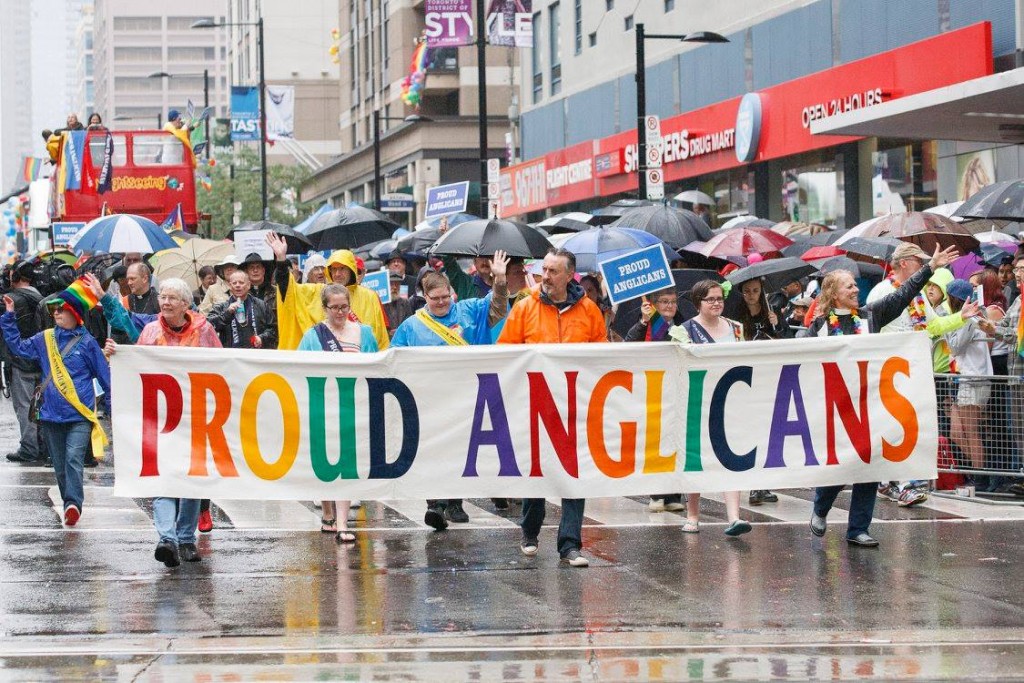
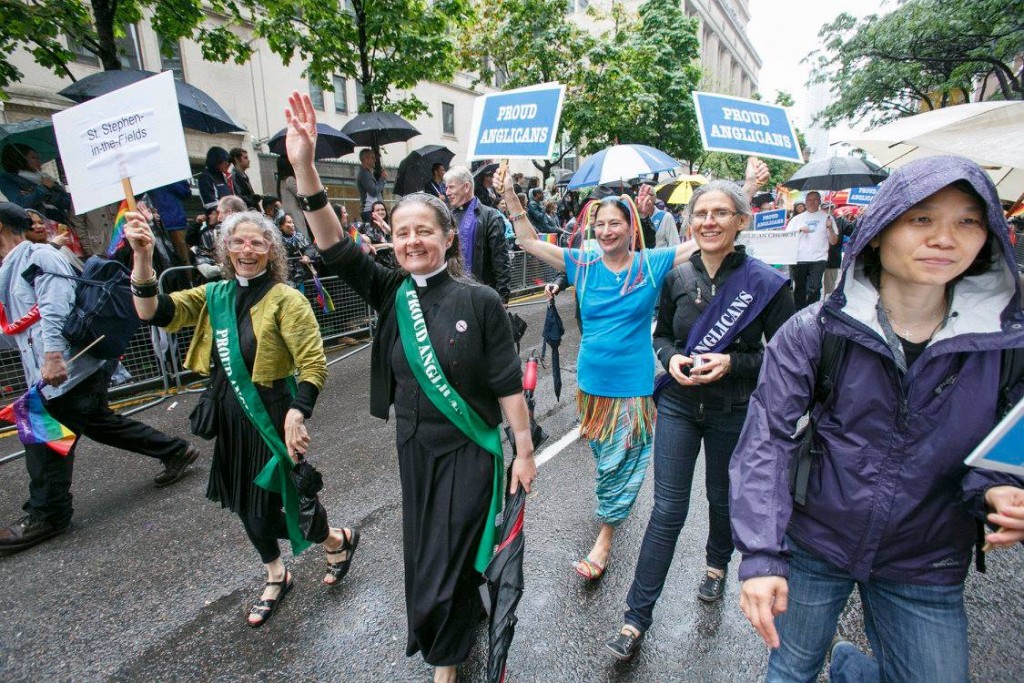
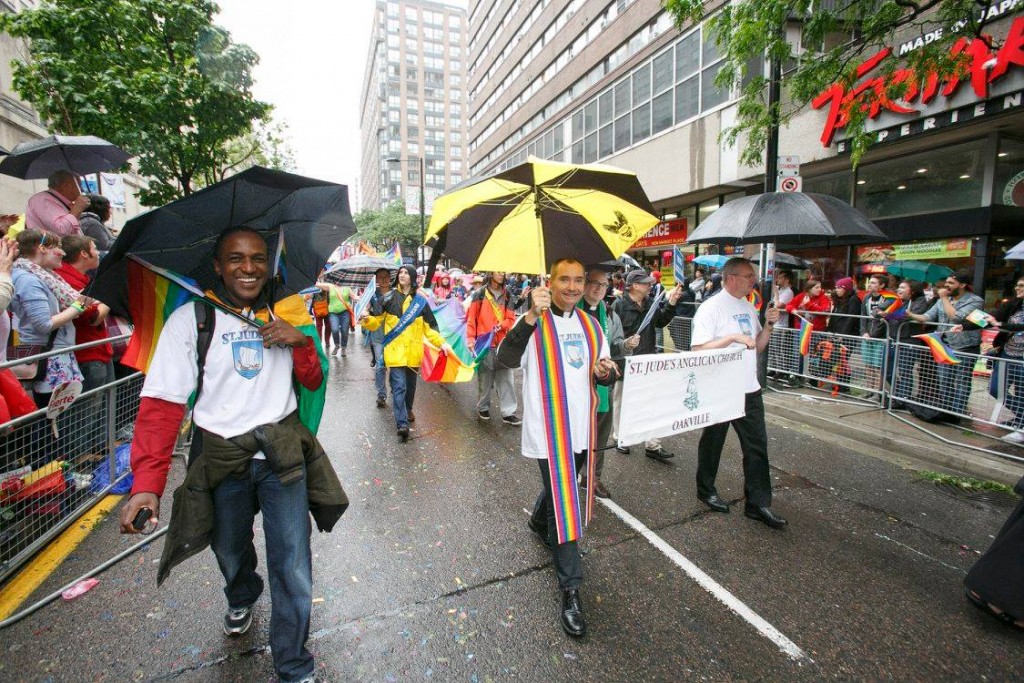

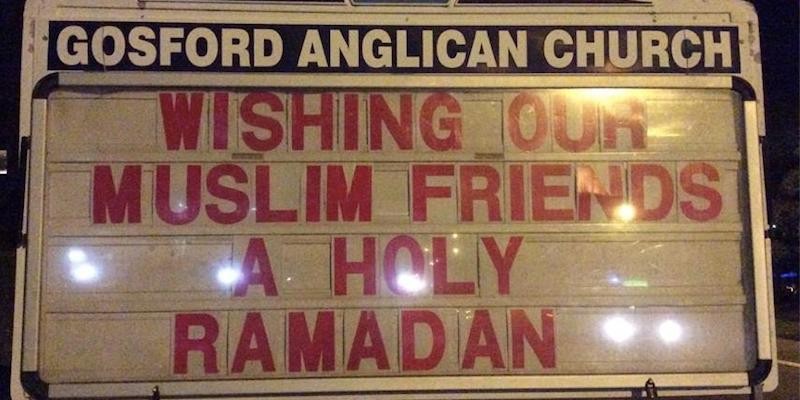











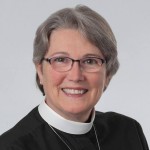 There isn’t anything surprising about that, of course. Nor is there anything surprising about
There isn’t anything surprising about that, of course. Nor is there anything surprising about